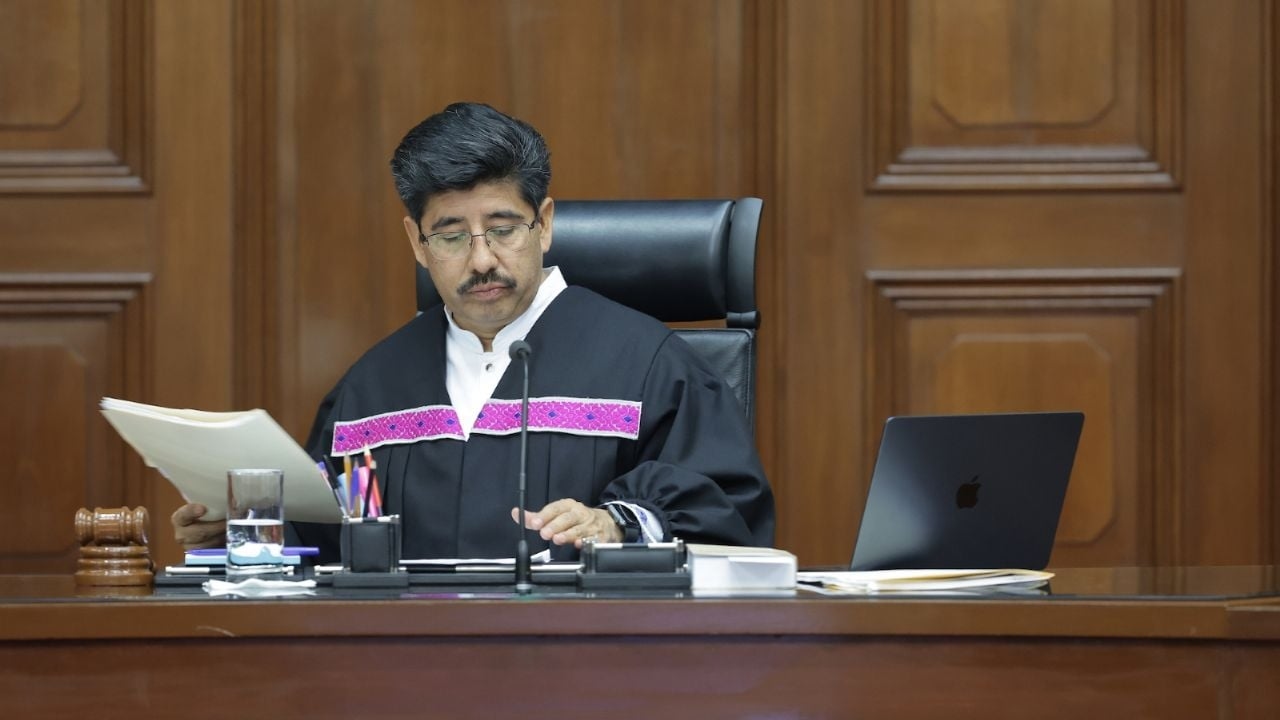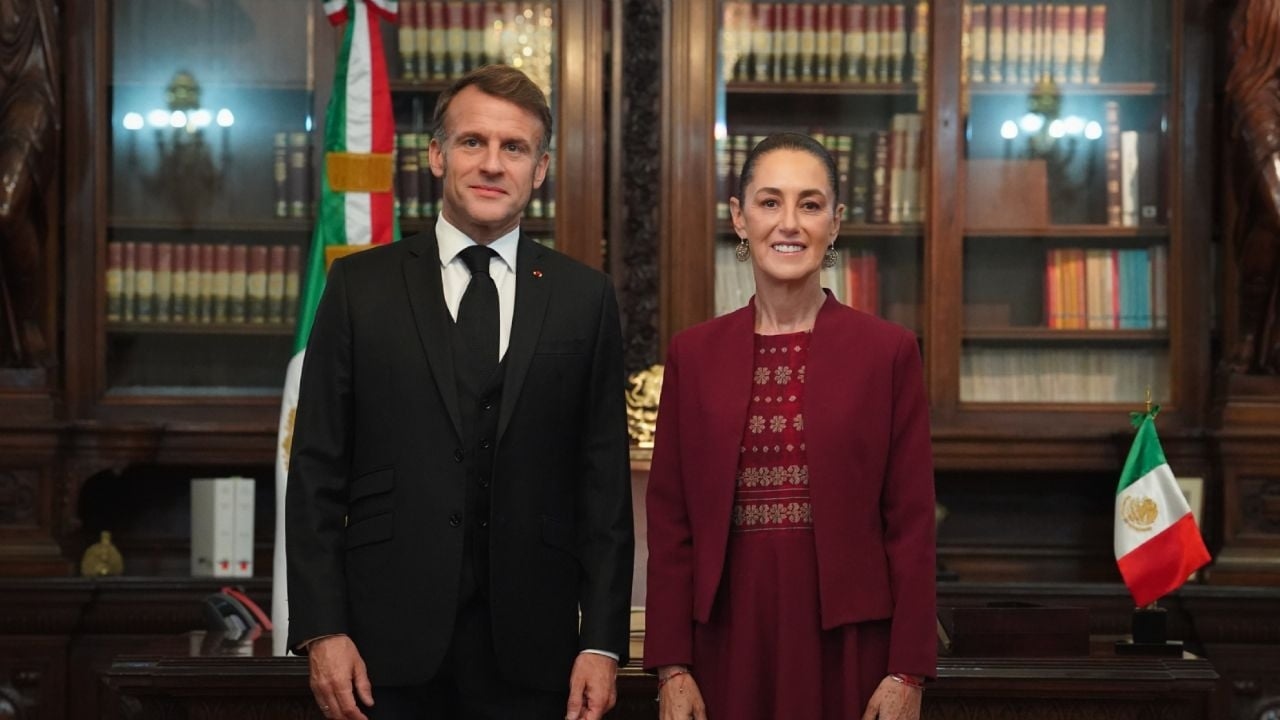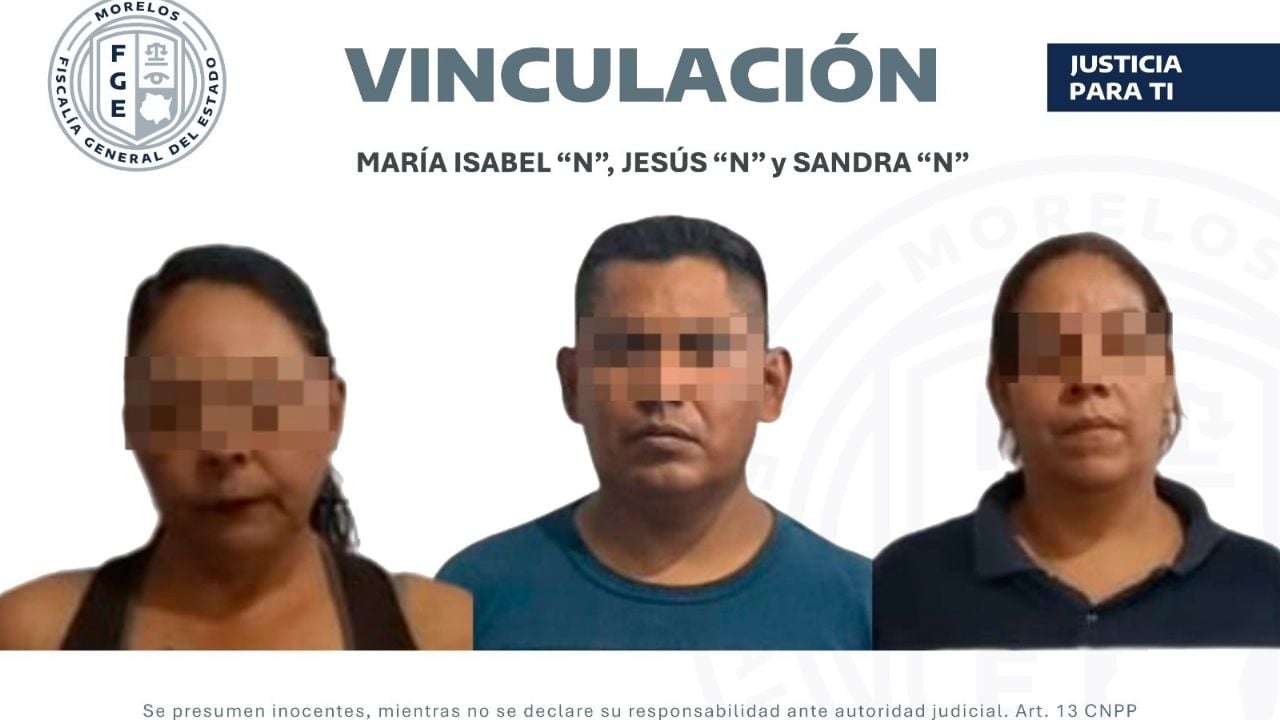Hugo Aguilar's first attempt to review the previous Court's rulings is rejected

MEXICO CITY (apro) – The Chief Justice of the Supreme Court of Justice of the Nation (SCJN), Hugo Aguilar Ortiz, stood alone with his proposal to advance the debate on whether the current composition of the Supreme Court can review sentences issued by the defunct Chambers.
During Thursday's session, Aguilar Ortiz presented a draft resolution to confirm the injunction that in January 2024 declared unconstitutional the reform to the Electricity Industry Law (LIE) promoted by former President Andrés Manuel López Obrador in 2021, but whose study could leave open the possibility that the resolutions issued by the Court may be subject to a second review.
This is because Hugo Aguilar proposed entering into the study of a claim filed by the federal Executive Branch against the decision of the now retired minister, Alberto Pérez Dayán, to issue a tie-breaking vote in the discussion of the amparo against the LIE and which concluded that, in January 2024, the Second Chamber would grant protection to six companies in the electricity sector against various articles that they considered favored the Federal Electricity Commission (CFE) and did not allow free competition and the development of sustainable energies.
The articles were declared unconstitutional with general effects, meaning that they would not be applied to any participant in the electricity sector, including those who did not file for protection.
In his proposal, Hugo Aguilar Ortiz considered that the decision to cast the deciding vote was a procedural matter and that Pérez Dayán made it illegally because, in the opinion of the president of the Court, the now retired minister should have called one of the members of the First Chamber to break the tie that occurred in the vote on the matter.
However, the other eight ministers on the panel did not support the proposal that the Court could enter into the study of the appeal filed by the Presidency of the Republic, and opinions were divided between those who considered the matter inadmissible and those who said that it should be declared moot.
“I am concerned that there might be some sections, some part of the country’s legal system that cannot be reviewed, that it becomes, not a discretionary decision, but an arbitrary one, and that then we cannot say anything (…) it can be done in the use of certain institutions, legal figures, but that it is left to the discretion of the authority, in this case, the President of the Court or the President of the Chambers,” Aguilar Ortiz insisted in a last attempt to convince his colleagues that they could review the case.
However, it was unsuccessful and six of the ministers asked to declare the appeal inadmissible and dismiss it, which implies a declaration that it is not possible to carry out a review like the one proposed by the federal Executive; while three: Loretta Ortiz, Yasmín Esquivel and Aguilar Ortiz himself -obligatedly-, voted to declare the appeal moot under the argument that at this point when the amparo sentence has already been fulfilled and the LIE ended up being repealed, a pronouncement of the Court has no practical purpose.
Consequently, the case was declared inadmissible, Aguilar Ortiz's project was rejected, and the sentence issued by the now-defunct Second Chamber of the Court remained untouched.
proceso






